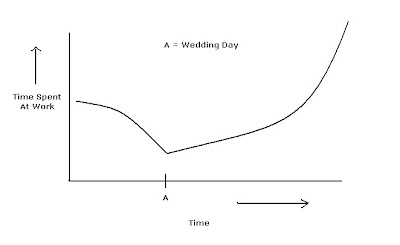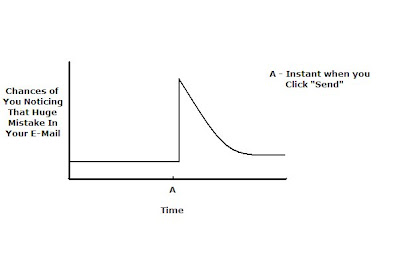Sporting Unknowns: Alvarez Pibiera
The history of sport is filled with triumph and tragedy. Some players are born destined for greatness; others have to work their way up through lifelong struggles to ultimately reach the top. But for every one of those sports stars who do make it to the pinnacle of their sport, there are hundreds — no, perhaps thousands — of others who were just as talented but sadly ended up thrown out along the wayside either due to injury, their personal characteristics or, most regrettably simply the cruel vagaries of life. These are the ones who are blessed with talent in abundance but simultaneously cursed with the lack of the opportunity to bring that talent to fruition. I came across one such name when I was visiting Spain recently. Alvarez Raul Mollinedo Pibiera was born sometime in 1915 in the town of Palma on the beautiful island of Mallorca in Spain. He was the youngest of 4 children but we are not sure of his birth date as his Hernando Pibiera father was away fighting in WWI and his birth was never registered. In fact, he would never see his father as he went missing in action during the war and was presumed dead. He was raised by his mother Jacinta and his stepfather whom she remarried in 1920. As a kid, Pibiera showed great proficiency for all sorts of athletic activities but his favourite sport was football. Football had already taken off in Spain by the 1920's following their silver medal at the 1920 Olympics in Antwerp. Pibiera grew up admiring footballers like Ricardo Zamora & Santiago Bernabéu. By 1934 he was playing for the local club Real Mallorca but he wanted to move to the mainland where the bigger clubs and more chance for success lay, but sadly there were no offers. Pibiera's main quality as a sportsman was his blistering speed and it turned out this was noticed not by the football coaches but instead by one Javier Gonzales who was an athletics coach. He offered Pibiera the chance to move to Barcelona and train with the Spanish national athletes. Pibiera jumped at the opportunity and within a year was considered one of the fastest sprinters in the country. He was selected to take part in the Berlin Olympics in 1936 and was considered a medal favourite for the 100 and 200 meters. However, once again fate would play a cruel hand as General Franco's Nationalists started the Spanish Civil War and Pibiera who had Republican connections was dropped from the squad and one year later found himself in prison. He was released at the end of the war in 1939 and immediately got back to his athletic training, but soon afterward WWII started and sporting opportunities quickly dried up. He suffered an injury to his right leg in a battle in 1941 and that was the end of his sporting career. The name Alaverz Pibiera was soon forgotten by all but the most hardcore of Spanish sports fans. His only legacy is a small street in Palma, Mallorca that is named in his honour. Pibiera died a relative unknown in 1959 at the young age of 44. His story will always remain one of what-could-have been.








